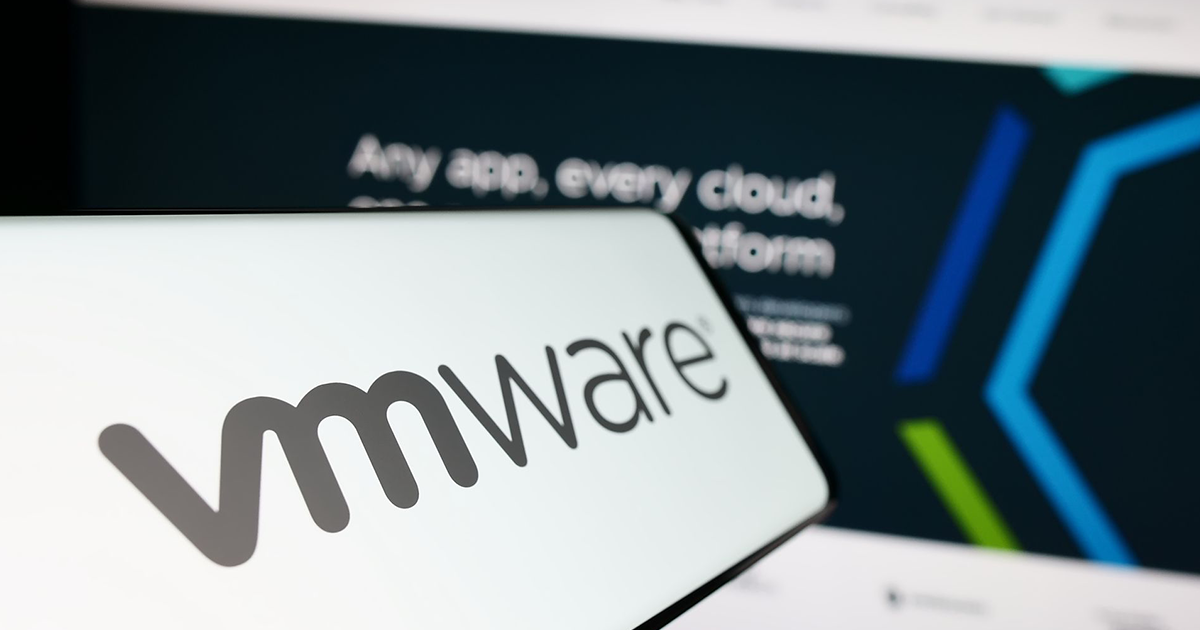How Does an MSP Prevent Insider Threats?
Insider threats refer to malicious risks to a business that come from people within the organization. These people include employees, former workers, contractors, and business associates, who have authorized access to the organization’s sensitive information.
For example, a malicious insider can be a disgruntled employee who was laid off. It can also be a person who intends to make a quick buck by selling your trade secrets to interested parties, or even someone who unintentionally opens your system/data to potential harm.
A 2020 study found that data exfiltration was the most common type of insider threat, followed by privilege misuse. Data exfiltration accounted for 62 percent of insider threats caused by employees and contractors.
Insider threats can eventually lead to fraud, data theft, stealing of intellectual property, and sabotage of computer systems. Steps towards detecting insider threats and blocking them are crucial to your business’s productivity and reputation.
Managed Services Providers (MSP) can help you mitigate insider threats by implementing preventive cybersecurity measures within your business network.
How MSPs Reduce the Risk of Insider Threats
Here's a list of services that MSPs provide to mitigate the risks resulting from insider threats.
1. Security Awareness Training
MSPs implement effective cybersecurity awareness training programs to educate employees on proactively detecting warning signs to minimize damage from insider threats. Let’s see what this entails.
- Training employees on identifying and avoiding common cybersecurity issues such as social engineering attacks.
- Prioritizing effective risk communication when a new vulnerability emerges. MSPs simplify messages related to potential vulnerabilities, making them easy to comprehend for employees.
- Teaching employees to watch out for suspicious behavior of colleagues. These behaviors include an employee suddenly working overtime or logging in at odd hours. Further, employees spending time in office unnecessarily or copying sensitive information can also be a warning sign.
2. Role-Based Access Control (RBAC)
Role-Based Access Control (RBAC) is an approach to restricting system access to authorized users only. It protects your business’s sensitive data by providing access to employees based on their duties. In other words, employees are allowed to access only the information necessary to perform their work, thereby preventing misuse of confidential business data from malicious insiders.
Access is given based on various factors such as authority, responsibility, and job competency. Further, access to system resources is limited to specific tasks such as viewing, creating, or modifying a file.
MSPs can also leverage RBAC to meet regulatory compliances such as PCI-DSS, GDPR, and HIPAA. You can take the help of local IT specialists to manage access to your sensitive data through RBAC and meet state-specific compliance. For instance, businesses in San Francisco can work with providers of IT Support and keep their systems updated with local regulatory compliances.
3. Advanced Data Encryption
MSPs use encryption algorithms such as Advanced Encryption Standard and Triple Data Encryption Standard for protecting sensitive business data and ensuring no breaches occur. They also deploy Zero-Knowledge privacy standards to encrypt an employee’s file on their system before uploading it. This ensures that only the authorized employee has access to unencrypted files. It will not allow any other employee of your company to access or tamper with the files.
4. Identification of Anomalous Behavior
User and Entity Behavior Analytics (UEBA) helps MSPs identify employees’ suspicious activities such as attempts to access restricted files or intellectual property. UEBA is a type of cybersecurity process that considers the regular conduct of employees to detect deviations from their usual behavior. For instance, if a particular employee usually downloads 10MB of data every day, but suddenly starts downloading gigabytes of files, the system will detect this anomaly and alert you immediately.
Machine learning and statistical analysis are leveraged by UEBA to detect anomalies that can transform into a potential threat. All in all, MSPs use UEBA to track all the employees and entities in your business system, and mitigate attempts to carry out targeted attacks and fraud.
5. Comprehensive Visibility and Monitoring
MSPs constantly monitor your business’s IT infrastructure through a Security Information and Event Management (SIEM) platform. They can detect internal threats in real-time. Further, log monitoring and alerting enables employees to carry on their work seamlessly with minimal intrusions and privacy concerns.
6. Zero-Trust Identity Policy
The Zero-Trust identity policy grants access to employees only when they meet certain security criteria. Also, access is granted to specific systems or resources for a limited period of time.
For instance, if an employee requires access to your business’s accounting database, your MSP can use the Zero-Trust identity policy to analyze if the employee actually belongs to the accounting department. They will also check if the employee is using a known computer and accessing it from a safe location. If any of these criteria are not fulfilled, your MSP will prompt your system to ask for more information from the employee, such as a secret code sent through a text or an email.
Wrap Up
From rogue employees and financially-motivated insiders to involuntary employee blunders, insider threats occur because of a variety of reasons. Businesses need to prioritize insider threat protection to balance security and privacy, while preventing, detecting, and responding to malicious insiders.
You can hire an MSP and implement robust security measures to mitigate insider threats. Their cybersecurity services include constant monitoring to identify abnormal behavior, instant investigation of suspicious user activity, end-user security awareness education, and more.
In a nutshell, MSPs can help you implement measures for insider threat management and protect your organization's critical data from malicious insider activities.






